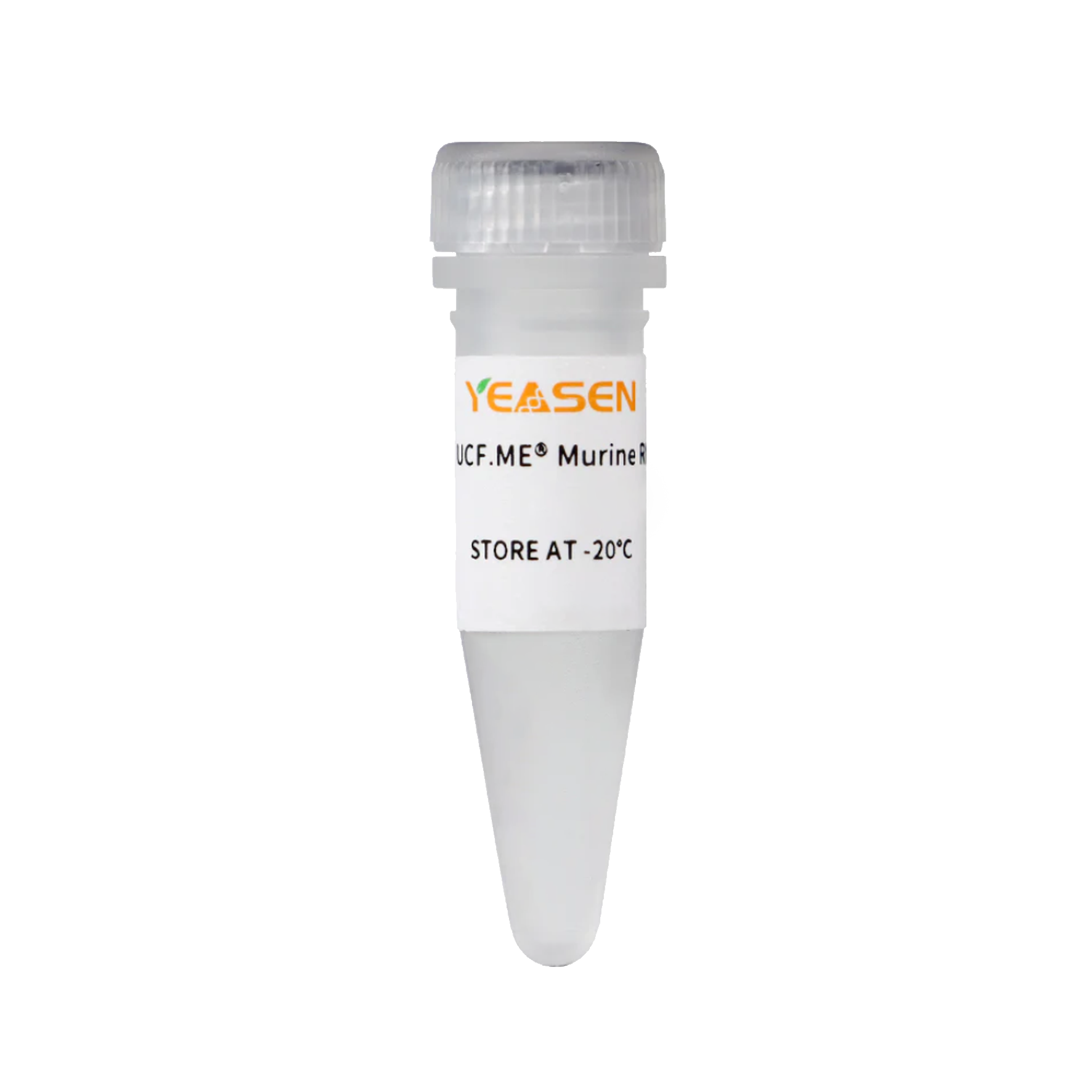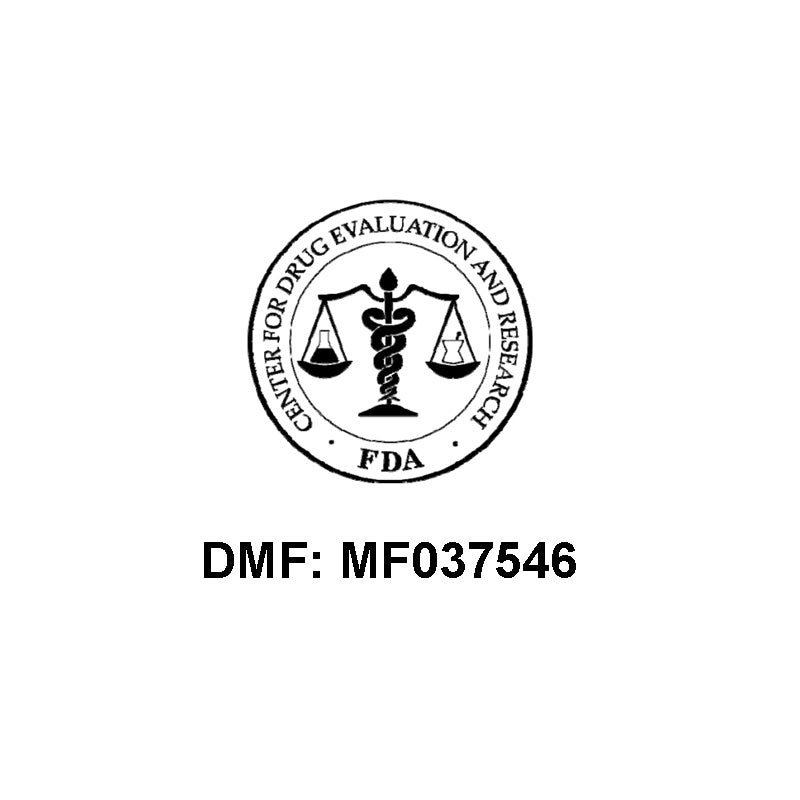Description
RNase inhibitor can bind RNase to form a complex, thereby specifically inactivating RNase. This product is a recombinant mouse-derived RNase inhibitor expressed and purified in E. coli in a soluble form, which can inhibit various types of RNase (RNase A, B, C). Also tested by RT-PCR and RT-qPCR. Compared with human-derived RNase inhibitor, this product does not contain the two cysteines that are very sensitive to oxidation in human-derived proteins, so it has higher antioxidant activity; and it’s more suitable for high-DTT sensitivity experiments ( such as qPCR, etc.). This product is produced in accordance with GMP process requirements and is provided in liquid form.
Feature
- Improved resistance to oxidation, compared to human/porcine RNase inhibitor
- Ideal for reactions where low DTT concentrations are required (e.g., Real-time PCR)
- Isolated from a recombinant source
- Tested for the absence of DNases and RNases
Application
- RT-PCR
- cDNA synthesis
- In vitro transcription/translation
- Enzymatic RNA labeling reaction
- Other applications where the integrity of RNA is important
Specification
| Source | Recombinant E.coli with Murine RNase inhibitor gene |
| Storage Buffer | 20 mM Hepes KOH,150 mM KCl,8 mM DTT,0.5%(v/v)NP 40,0.5%(v/v)Tween20,50%(v/v)Glycerol,pH 7.5 ±0.2 (25℃) |
| Unit Definition | The amount of enzyme required to inhibit 50% of the activity of 5 ng RNase A is defined as 1 activity unit |
Components
| Components No. | Name | 10621ES10 (10 KU) | 10621ES20 (20 KU) | 10621ES60 (100 KU) | 10621ES99 (1 MU) |
| 10621 | Murine RNase inhibitor GMP-grade (40 U/μL) | 250 μL | 500 μL | 2.5 mL | 25 mL |
Shipping and Storage
The Murine RNase inhibitor GMP-grade products are shipped with dry ice and can be stored at -15℃ ~ -25℃ for one year.
[1] Shen W, Wang R, Fan Q, Li Y, Cheng Y. Natural polyphenol assisted delivery of single-strand oligonucleotides by cationic polymers. Gene Ther. 2020;27(7-8):383-391. doi:10.1038/s41434-020-0151-y(IF:4.128)
Related blog:
Payment & Security
Your payment information is processed securely. We do not store credit card details nor have access to your credit card information.
Inquiry
You may also like
FAQ
The product is for research purposes only and is not intended for therapeutic or diagnostic use in humans or animals. Products and content are protected by patents, trademarks, and copyrights owned by Yeasen Biotechnology. Trademark symbols indicate the country of origin, not necessarily registration in all regions.
Certain applications may require additional third-party intellectual property rights.
Yeasen is dedicated to ethical science, believing our research should address critical questions while ensuring safety and ethical standards.




